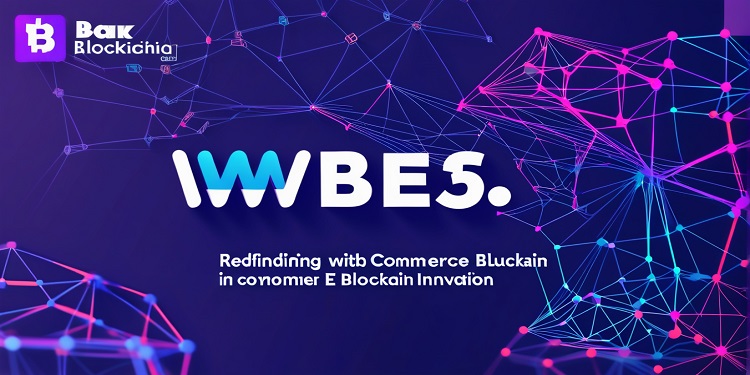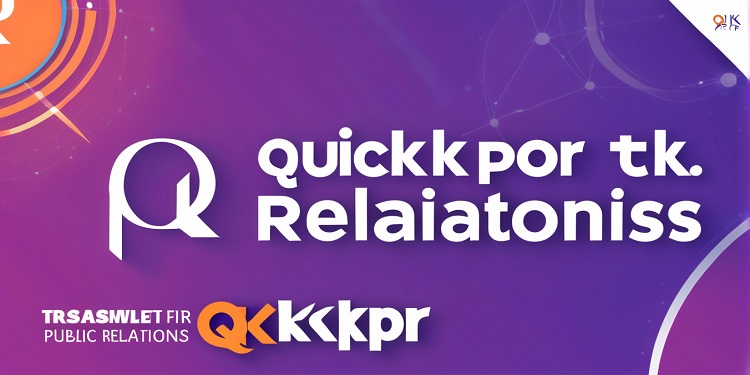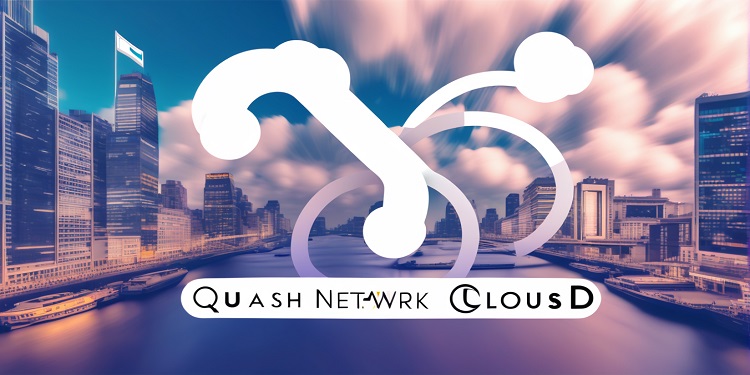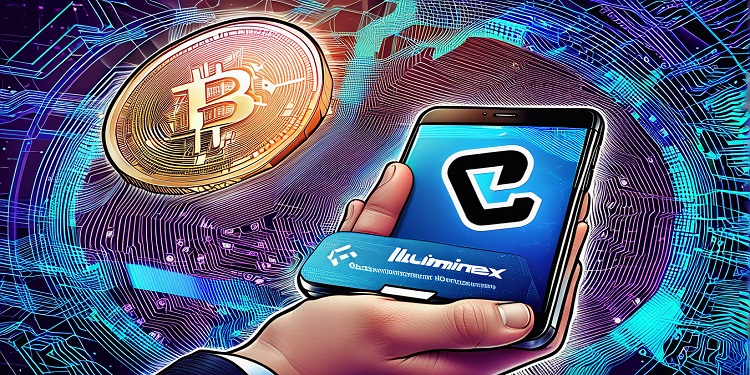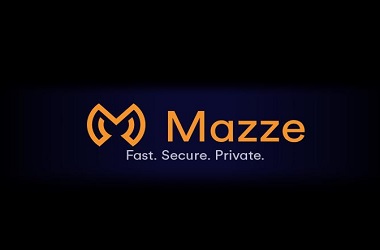 Solana, a pioneering force in the Web3 ecosystem, has once again expanded its capabilities with the introduction of an audio call feature in its SolChat application. This strategic move underscores Solana’s dedication to elevating user communication within its decentralized platform. The announcement, made by Anatoly Yakovenko, co-founder of Solana Labs, on X, emphasizes the platform’s commitment to pushing boundaries and stirring competition within the blockchain landscape.
Solana, a pioneering force in the Web3 ecosystem, has once again expanded its capabilities with the introduction of an audio call feature in its SolChat application. This strategic move underscores Solana’s dedication to elevating user communication within its decentralized platform. The announcement, made by Anatoly Yakovenko, co-founder of Solana Labs, on X, emphasizes the platform’s commitment to pushing boundaries and stirring competition within the blockchain landscape.
Innovative Audio Call Feature Leveraging WebRTC:
SolChat’s groundbreaking audio call feature represents a significant innovation in the decentralized space. Anatoly Yakovenko unveiled the development, highlighting the utilization of WebRTC technology. This technology facilitates encrypted, real-time voice communication directly between wallets, setting a new standard for decentralized communication. The integration of WebRTC, a technology supporting various communication modes, showcases Solana’s commitment to enhancing user experience while prioritizing privacy and security through Datagram Transport Layer Security (DTLS) encryption.
Pioneering the Question: “Can Your Blockchain Call You?”:
Anatoly Yakovenko’s rhetorical question, “Can your blockchain call you?” serves as a powerful statement underscoring the groundbreaking nature of SolChat’s audio call feature. This development challenges the capabilities of other blockchains and introduces a novel aspect to decentralized applications, setting Solana apart as an innovator in the space.
Navigating Blockchain Industry Dynamics:
The launch of SolChat’s audio call feature unfolds against the backdrop of intensified competition and community dynamics within the blockchain industry. Notable endorsements and criticisms, such as ARK Invest CEO Cathie Wood praising Solana’s efficiency in contrast to Ethereum, contribute to shaping the narrative around blockchain technologies. Simultaneously, disputes between Solana and Ethereum community members highlight the passionate and at times contentious nature of discussions surrounding blockchain advocacy and development.
Engagement with the Ethereum Community:
Anatoly Yakovenko’s engagement with the Ethereum community further exemplifies the ongoing debate over blockchain’s value and potential. This interaction reflects the dynamic discourse within the blockchain space as platforms vie for prominence and developers advocate for the advantages of their respective technologies.
Setting a New Standard in Blockchain Communication:
As Solana continues to introduce innovative features like SolChat’s audio calls, the blockchain ecosystem undergoes a transformative shift toward more interactive and secure communication modes. This development not only challenges other platforms to enhance their offerings but also establishes a new standard for user expectations in decentralized applications. Solana’s emphasis on speed, cost-effectiveness, and security positions it as a formidable contender in the blockchain arena, potentially influencing future innovations and shaping the evolution of Web3 technologies.
Conclusion:
In conclusion, Solana’s introduction of decentralized audio calls in SolChat marks a significant leap forward in the realm of blockchain communication. The utilization of WebRTC technology and the emphasis on privacy and security set a benchmark for user-centric features within decentralized applications. Solana’s proactive stance in navigating industry dynamics, coupled with its innovative developments, positions it as a leading force in the blockchain space, shaping the discourse and influencing the trajectory of Web3 technologies.

